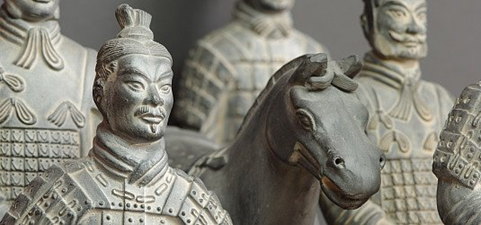Importance of Chinese culture
- China is one of the oldest civilizations and advanced civilizations of humanity.
- In the myth, it goes back to the original three emperors: Fuxi, Shennong and finally the Yellow Emperor Huang Di.
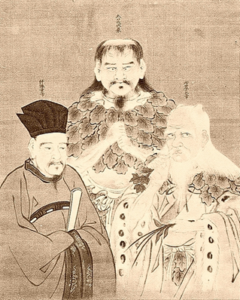
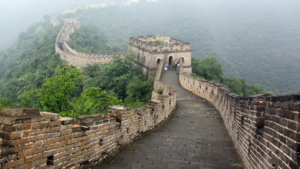
Prehistory
- The cultures of southern China domesticated rice instead of millet. The oldest evidence of wet rice cultivation comes from Hemudu and is 7000 years old.
Empire
- Under the Sui dynasty (589-618), although reunited with one unit of China, it is being replaced by the T’ang dynasty (618-907) because of rebellions.
- Christianity and Zen Buddhism first arrived in China and trade with the West grew on the Silk Road.
- The Yuan Dynasty (1261-1368) under the rule of the Mongols emerged from a military encroachment of the Mongol army on China.
- A peasant revolt ends the foreign rule of the Mongols and the Ming dynasty comes to power.
- The population decimated during the Yuan dynasty doubles under the Ming dynasty, private slavery is banned and urbanization (= urbanization) is growing.
- China becomes a leading maritime nation.
- The Qing Dynasty should be the last dynasty in China.
- During the 18th century, the Chinese population doubled to 400 million people.
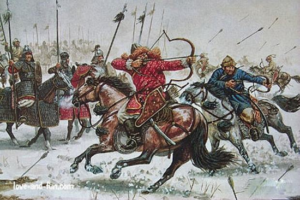
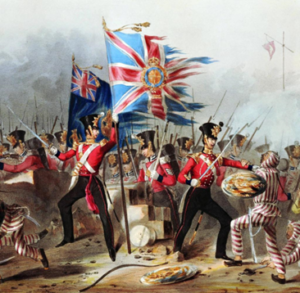
People’s Republic of China
- After fighting with Japan and clashes between communists and nationalists, the People’s Republic of China, which still exists today, was founded on the model of the Soviet Union on October 1, 1949.
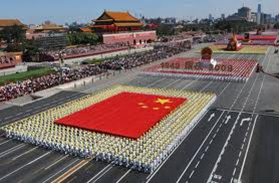
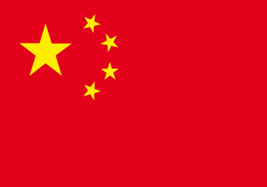
Foreign relations of China
- From a societal perspective, Chinese society has been (and is) more conservative and traditional.
- In the second half of the 19th century, more and more Chinese people realized that the only way for China would be profound reforms.
(Karim Kiouani)

